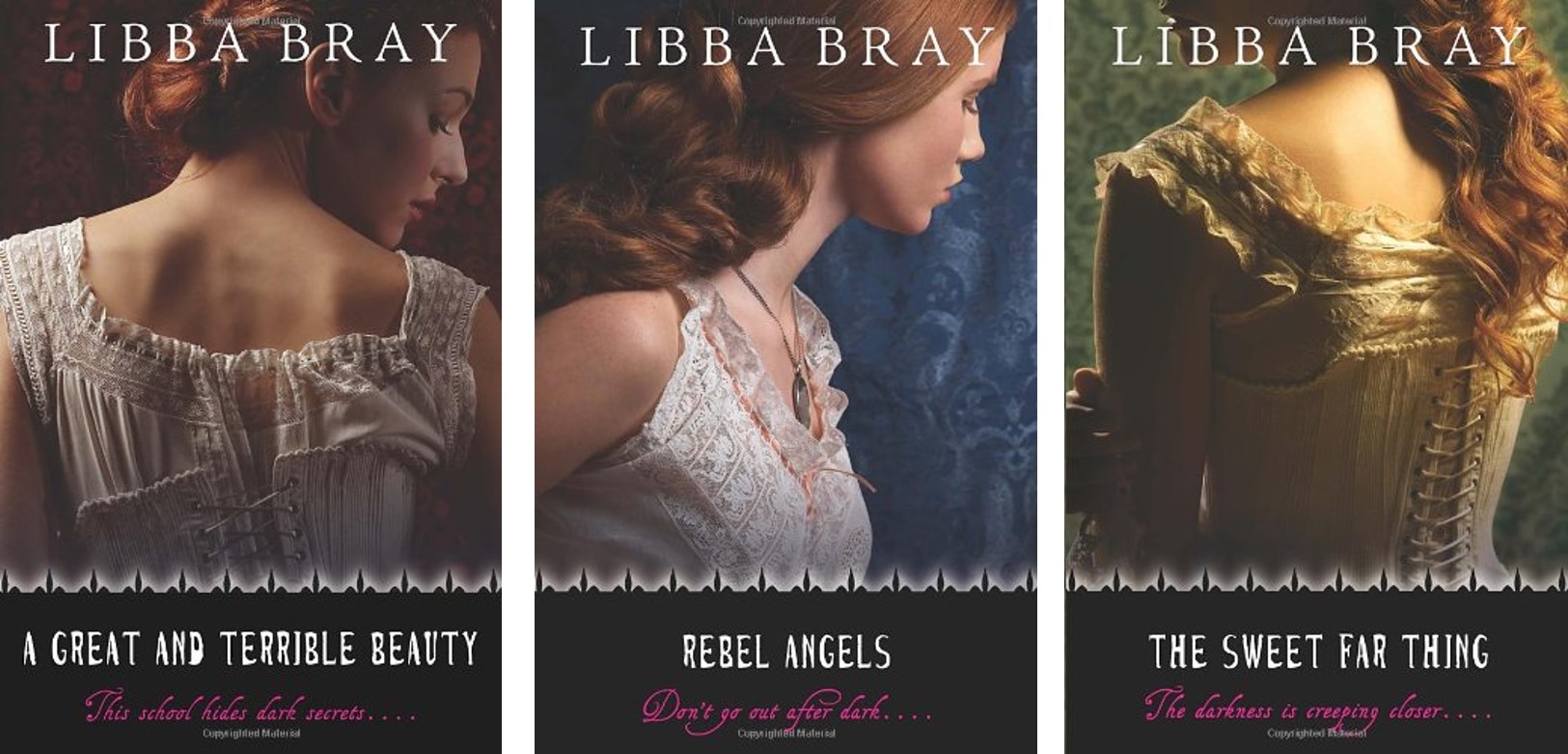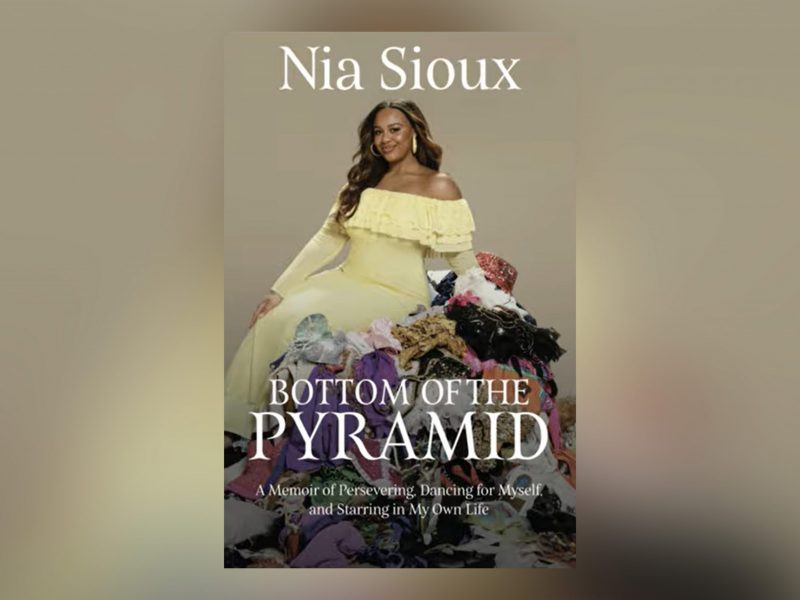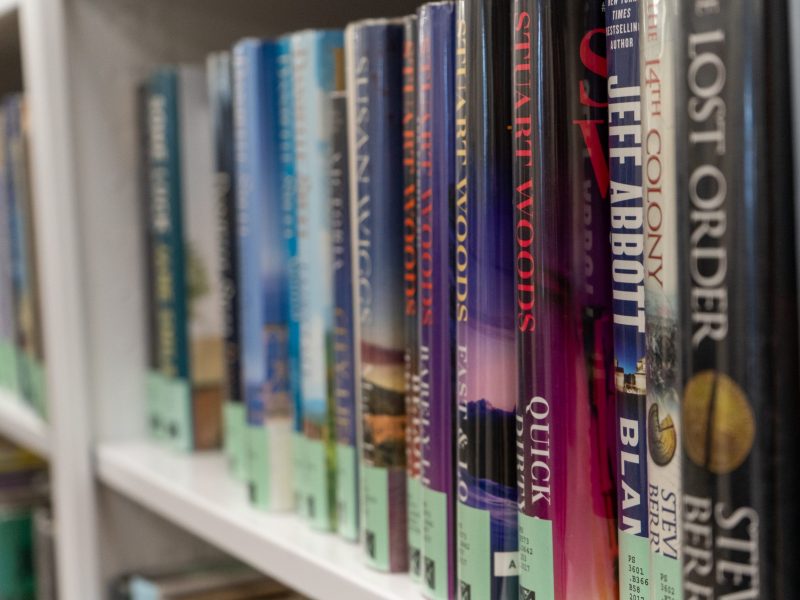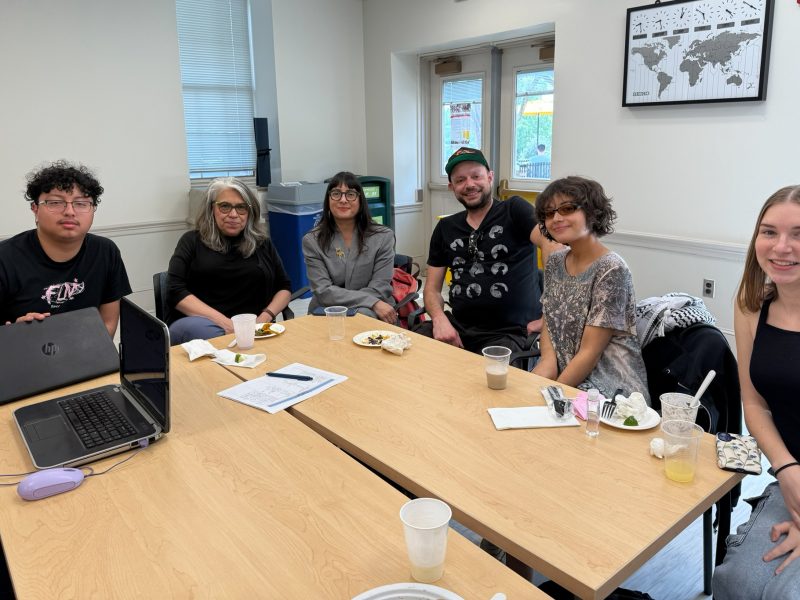Move aside, Young Adult. There’s a new player in town.
New Adult is the relatively new craze in the fiction industry that focuses on — but is not limited to — sex, drugs and rock-and-roll. The genre is for readers from about 14 to 35 years old.
“I read both YA and NA books,” said Annie Lyon, a children’s librarian with the D.C. Public Library. “Young Adult readers are mostly learning how to navigate adolescence: finding their identities, coming to terms with themselves and the world being an imperfect place. New Adult books generally aim toward the audience of readers out of college and navigating adulthood — paying bills, becoming ‘real’ adults out in the ‘real’ world.”
According to an August 2014 Writer’s Digest article, YA is for readers who are between the ages of 13-18. In my personal experience, it has significantly less of the cursing and sex ever-present in NA novels.
In fact, some NA books I find have been even more romantic than a typical romance. What’s that about, right? Although with age requirements, both YA and NA genres tend to get muddled with each other as both young adults and adults read them.
According to a January article in The Balance, nearly 70 percent of YA fiction is purchased by adults between the ages of 18 and 64. This statistic is partly why the NA genre came to be, but YA production doesn’t seem to be slowing down. In fact, the same article says, more than 10,000 books were published in 2012 compared with the meager 4,700 in 2002.
“Adults read YA for a few specific reasons. One — escape — particularly in the dystopian books that are so popular,” Lyon said. “[Also] to understand how teens are reacting to and understanding current events. When I was a teen in the 1990s, we didn’t have as many of the groundbreaking books that we have today despite the commonality of the issues that we’re facing then and now. If I could have read Angie Thomas’ much-awarded The Hate U Give during the time of the 1992 L.A. Riots, I would have felt much more connected to current events.”
Here is a quick and general — and might I say, brutally honest — rundown of the two very different but presumably similar genres.
Compared to YA books, NA titles are a bit narcissistic, a helluva lot more angsty and generally a lot more entertaining — if you’re up for some eye-rolls and heaving-sighs-of-frustration and happy endings. Who doesn’t love happy endings?
“A lot of college-age and new adults do like NA, but don’t always read traditional romances,” said Lyon, who has master’s degrees in literature and library and information sciences. “But most of the YA readers and/or teens I talk to aren’t fans of those traditional romances. The plot lines, scenarios, the obvious cheesiness of it just don’t ring a bell for them.”
Many of the NA titles are very, very good. The bad ones are very, very bad. So it all really depends on what you read and what author you pick. Unlike YA titles, I find that the author is the one you should be looking for when searching for an NA novel.
And lo and behold, I got just the authors for you.
If you’re intrigued by NA and want to dive right in, be a boss and try Colleen Hoover — she’s the “queen” of NA. I would like to disagree, but her books November 9 and Ugly Love are quite good (skip her other titles because, frankly, they’re just toxic).
Hoover’s not your thing? That’s fine, because Penelope Douglas is here with her Fall Away series. If you want something less emotional and sexy, then Jamie McGuire’s Maddox Brothers series is quick, entertaining and perfect for YA aficionados looking to broaden their horizons. Jennifer L. Armentrout’s Wait For You series is also worth a mention.
Or screw Hoover and Douglas and McGuire and Armentrout. If you want something angsty-as-fuck and funny, Cora Carmack’s Losing It series is awesome.
“For NA, a few years ago, I would have called this book unrealistic, but I adore Heather Cocks’ and Jessica Morgan’s The Royal We — about an American college girl studying in Britain who begins a romance with the future king,” Lyon said. “It’s surprisingly not fluffy, and thoroughly enjoyable.”
Whatever your feels, there’s something out there for you in NA. If you saw the chart and the recommendations and are low-key freaking out, don’t be: It’s like a Korean drama, a telenovela and Keeping Up with the Kardashians wrapped in one beautiful, addictive package.
It’s quite amazing how a new fiction genre has been born just for us — lonely and lazy college students who are pessimistic with their love lives (and thus cannot read romances). We, and anyone in between, are able to live vicariously through these books, sometimes scoffing at their ridiculousness but swooning nevertheless.



